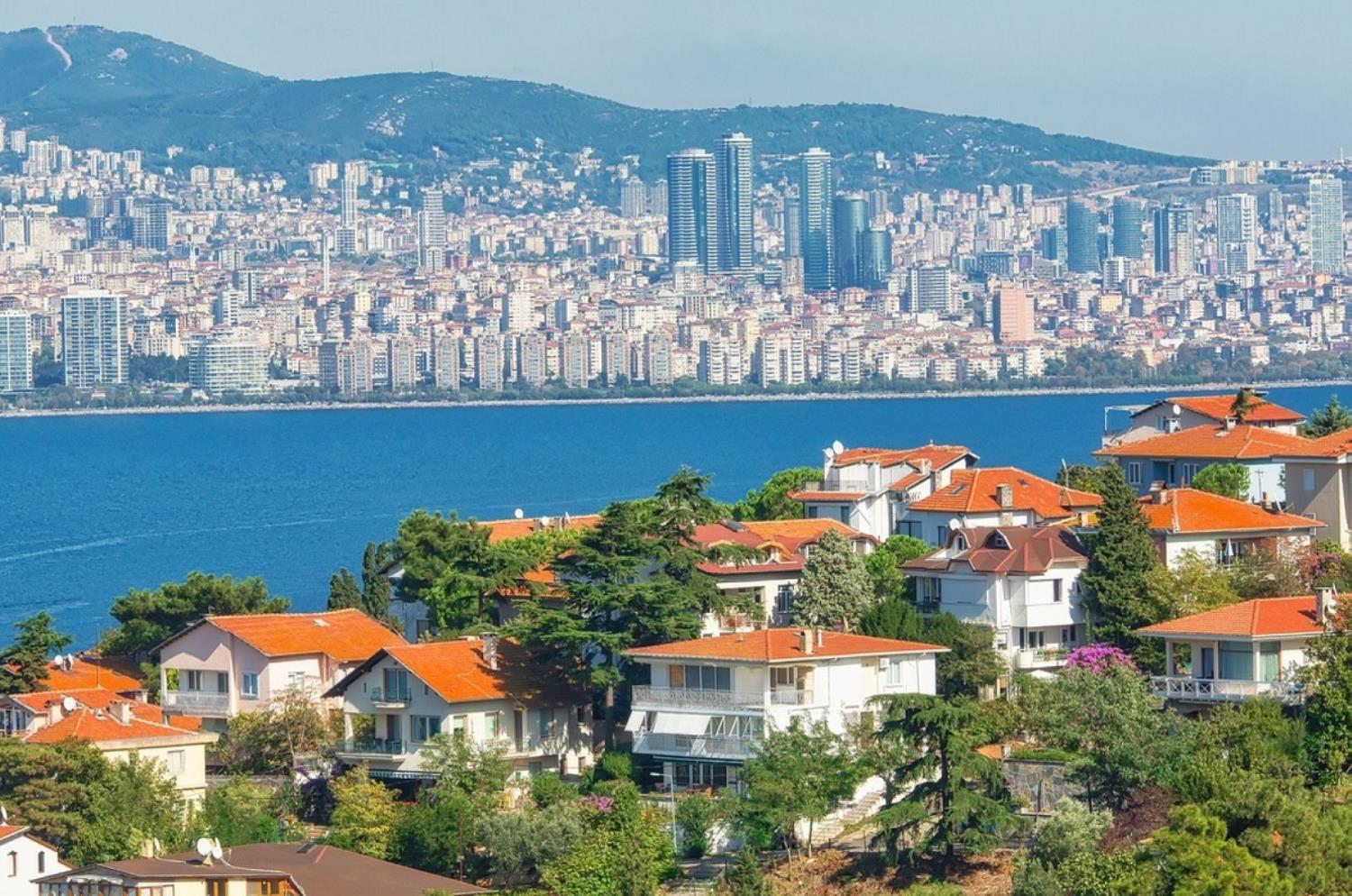DIFFICULTIES FOREIGNERS MAY FACE WHEN BUYING IMMOVABLE PROPERTY IN TURKEY

DIFFICULTIES FOREIGNERS MAY FACE WHEN BUYING IMMOVABLE PROPERTY IN TURKEY
In many countries the demand for foreigners to buy immovable property is increasing. Purchasing immovable property is a very reasonable investment option in Turkey for reasons such as being a long-term, safe and stable investment as well as providing citizenship and creating a passive source of income. In this context, Turkey, with its geographical location as a bridge between Asia and Europe, cultural richness, climate, cost of living and job opportunities, is highly sought after and continues to increase its popularity among foreigners.
However, there are a number of difficulties that can be encountered when purchasing immovable property, such as bureaucratic procedures required for title deeds, legal disputes, hidden defects in the immovable property, taxes and fees, legal restrictions for foreigners, language barriers and fraud. For this reason, while even Turkish citizens may encounter difficulties in immovable property purchase transactions, foreigners who wish to purchase immovable property should be much more careful and meticulous in this regard.
In this guide we will look at some of the difficulties that foreigners often face when trying to purchase immovable property in Turkey and some of the solutions to these difficulties.
Title Deed Transactions:
Land registry offices are the institutions that conduct official transactions related to immovable properties in Turkey. These property transactions ensure the protection of property rights of individuals, as well as ensuring that the legal status of the property is "public". For this reason, title deed transactions are conducted with great seriousness. Therefore, in order to conduct title deed transactions, the necessary information and documents must be meticulously prepared by those wishing to conduct the transactions and submitted in full to the Land Registry. Otherwise, title deed transactions will not be initiated.
Title Deed Disputes
Legal expertise is required to understand the significance of registrations on the title deed and how they affect the purchase process. The property to be purchased may be subject to restrictions such as mortgage, injunction, expropriation, pledge or Encumbrance (seizure). Such registrations on the title deed can sometimes suspend the sale process and sometimes make the sale difficult.
Careful consideration must also be given to whether the property has more than one owner or is subject to inheritance. In such cases, it will be necessary to contact more than one owner in order to purchase the property. Disputes between the parties involved, or situations where the heirs cannot be accurately identified, can make title deed transactions exceedingly difficult and very tiring for the buyer.
Immovable property Defects
Immovable property defects are not always obvious. Especially if the seller tries to hide them. Only an experienced and expert eye can detect them. These defects can sometimes be related to the infrastructure of the immovable property (damp, mould, plumbing problems, etc.) or the environment (accessibility, neighbours, etc.); sometimes they can be legal defects, such as the fact that the immovable property is being demolished due to urban transformation, or that the area where the immovable property is located is closed to the citizenship acquisition due to a decision by the administration. When such defects are discovered, negotiations can be undertaken, protective clauses can be added to the contract of sale and even the possibility of abandoning the purchase process can be considered.
Legal Restrictions on the Purchase of Immovable Property by Foreigners:
According to Article 35 of the Land Registry Law, "In view of international bilateral relations and where the country’s interests so dictate, foreign national natural persons who are citizens of countries specified by the President may, on condition of compliance with the legal restrictions, acquire immovable property and limited real rights in Turkey". It is important what these limitations are. These limitations are listed below.
- The total area of immovable property along with limited real rights of an independent and permanent nature that foreign national natural persons acquire may not exceed ten per cent of the land area available as private property of a sub-province or thirty hectares per person on a nationwide basis.
- The President may, where the country’s interests so dictate, qualify in terms of country, person, geographical region, duration, number, proportion, type, nature, area and amount, restrict, fully or partially halt or prohibit the acquisition of immovable property and limited real rights by foreign national natural persons.
- Projects to be developed on unbuilt land must be approved by the relevant Ministry within two years.
- The acquisition of immovable property located in military restricted zones, military security zones and strategic zones is subject to the approval of the General Staff, or the commands authorised by the General Staff, and immovable property located in special security zones is subject to the approval of the governor.
- Similarly, forests, national parks, military zones, archaeological sites and similar immovable property regulated by special laws are also closed to foreigners.
Language Barrier
Lack of knowledge of the buyers language and of the Turkish can lead to communication problems and misunderstandings between the buyer and the seller. Especially when buying an immovable property there are many legal documents, contracts, laws and regulations that are not easy to understand. These documents need to be carefully examined to ensure a problem-free transfer. Due to language barriers, these documents, the terms of the contract and the rights and obligations of the parties may not be fully understood. Such a situation will lead to legal problems between the parties.
The Conclusion
Buying immovable property in Turkey is a very lucrative investment and provides various work opportunities and citizenship rights for foreigners. However, foreigners may be reluctant to buy property due to difficulties such as title deed procedures, legal disputes, property defects, costs, language barrier, pricing and valuation fraud. At this point, it should be emphasized that such difficulties can be overcome with proper guidance, good follow-up, and a little effort. Therefore, it is to the advantage of foreign buyers to manage the process with a legal advisor. Feel free to contact us in this regard.

